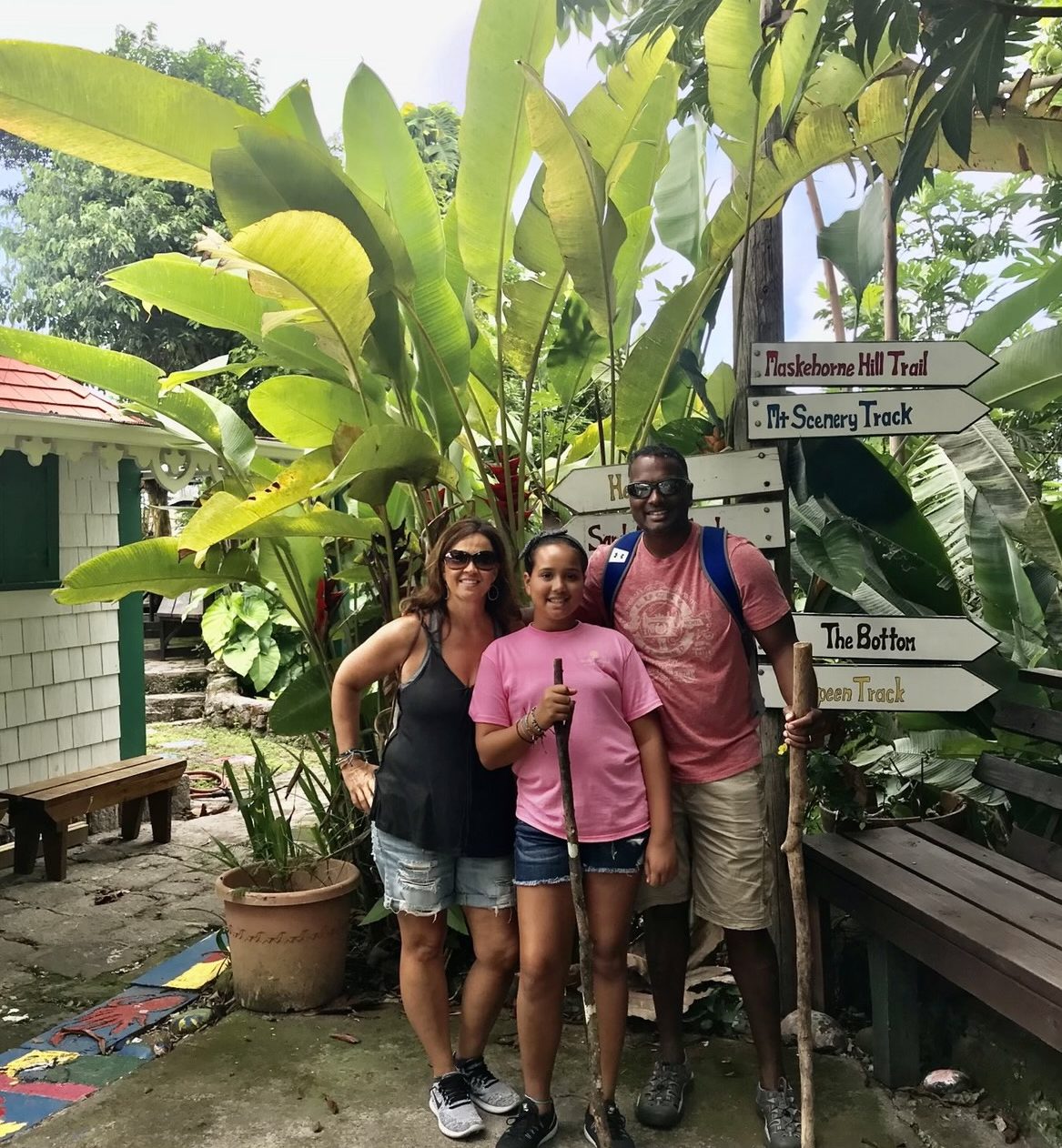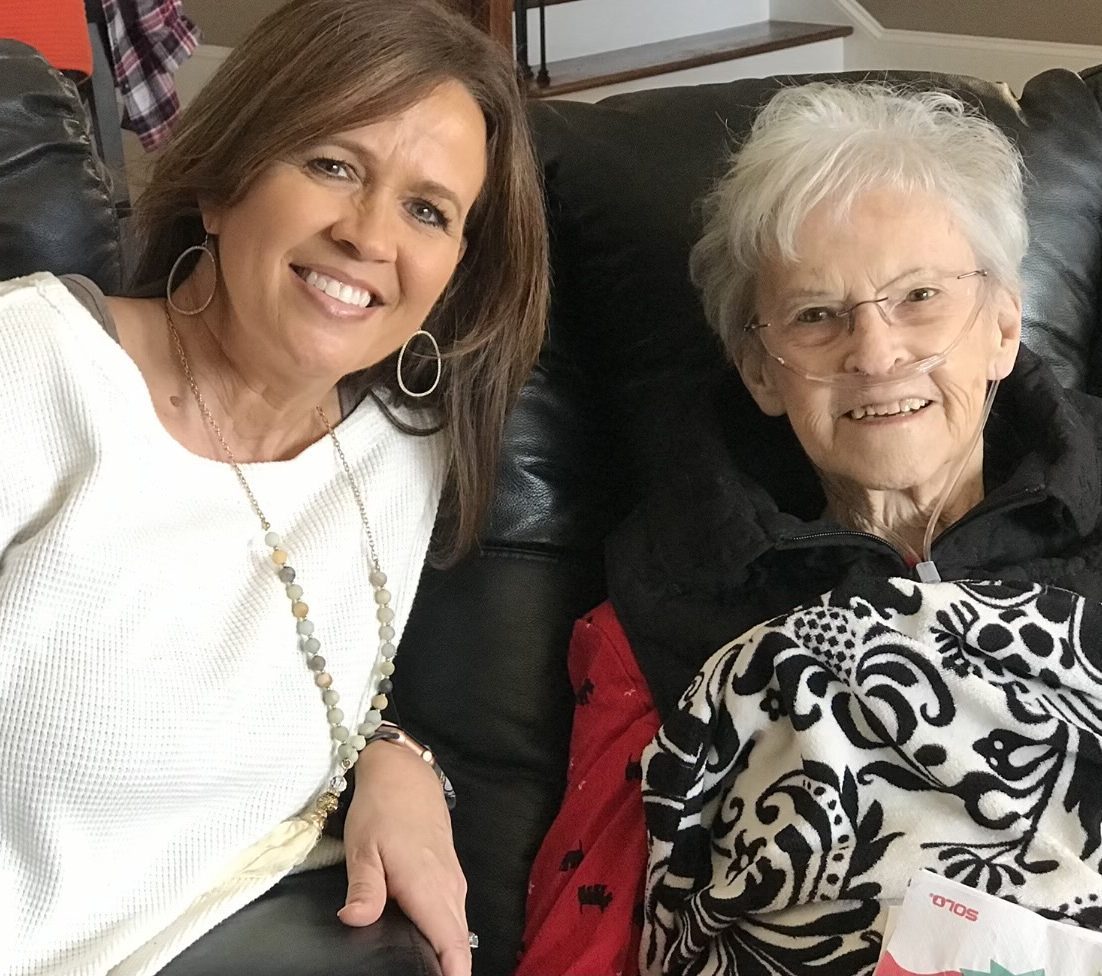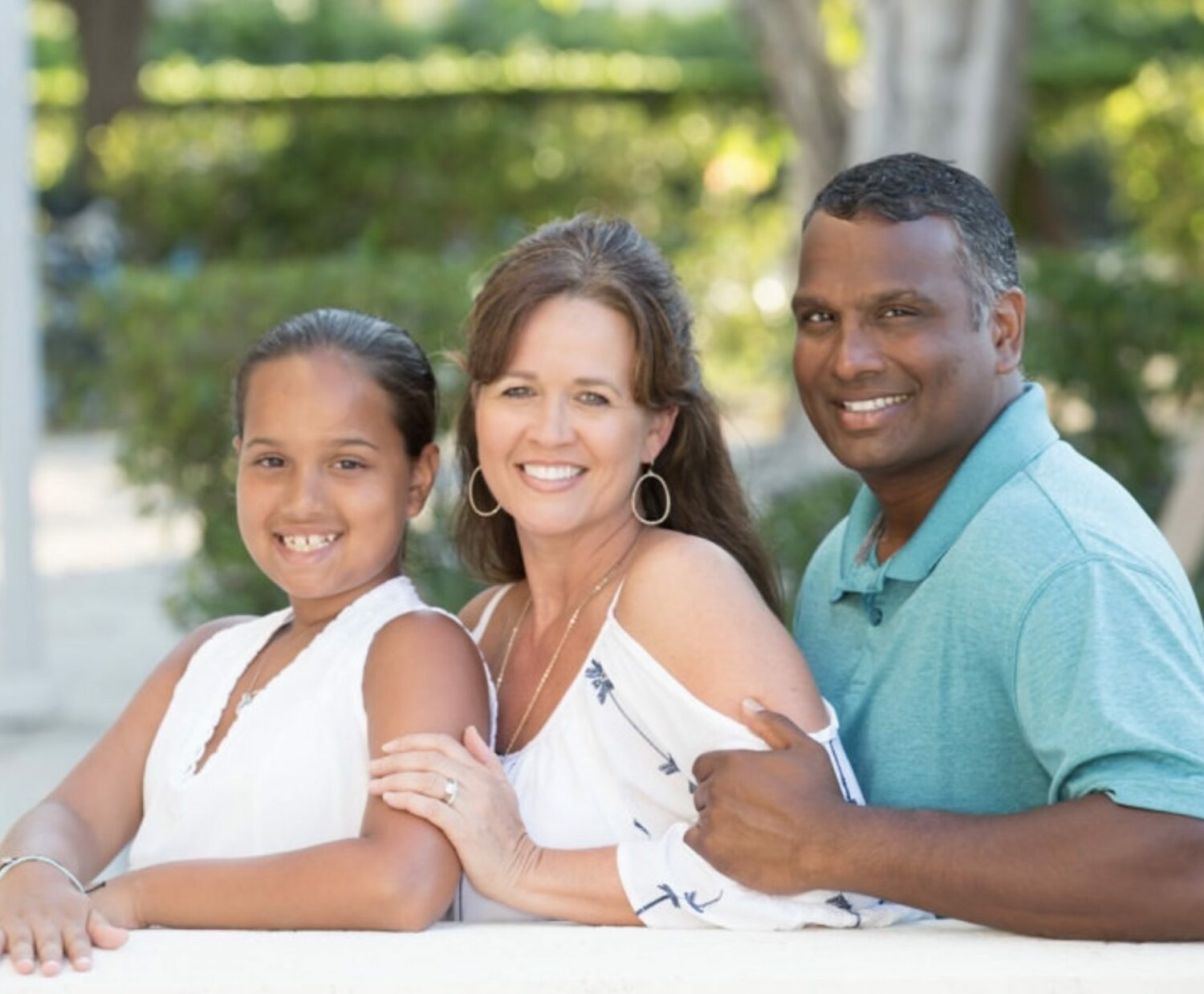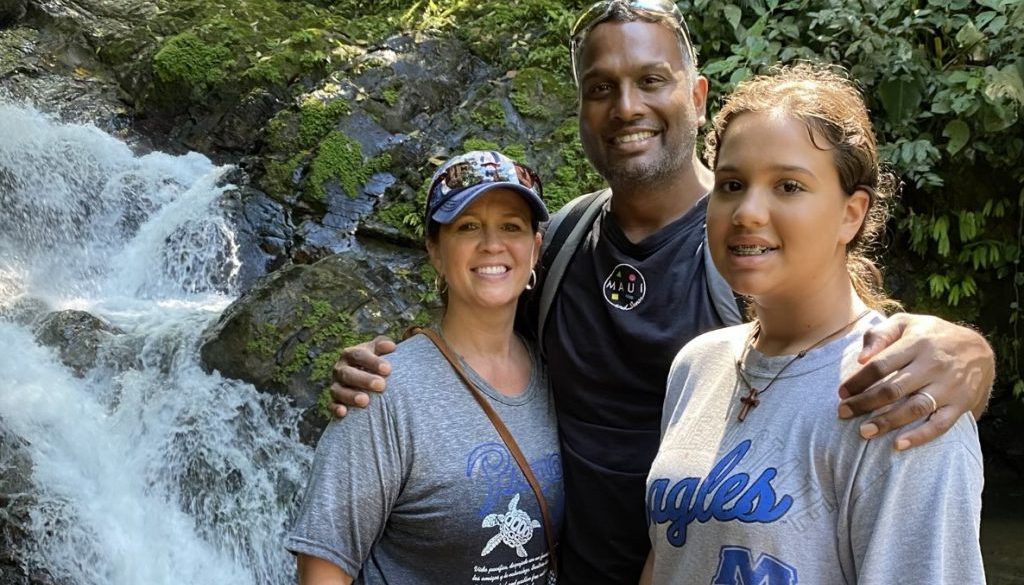Getting to know Dr. Amanda Vuppala
Even as a child growing up in McBee, SC, Dr. Amanda Vuppala says, “I knew science was in my future. I just didn’t know how.” Her great-grandmother lived with her, and she says watching her grow old with medical problems and the family support she had likely influenced her career choice. “Something about living there with her and seeing her interaction with her caregiver really impacted me and pulled at my heartstrings. Maybe that was the beginning of my thoughts of medicine.” She graduated from Clemson University with a degree in Medical Technology and was hired during her internship in a hospital laboratory. She worked there for six years, but says she felt like she was missing the interaction with people as a part of being in medicine. After much consideration, she decided to go to medical school.


She spent two years studying at Saba University School of Medicine in the Caribbean before coming back to the US and spent the majority of her rotations in New Orleans. That’s where she met her husband who was in residency there. After her three years of residency training, she completed a two-year oncology fellowship. While working in oncology, she realized she had a special place in her heart for palliative care, also known as serious illness care.
Palliative or serious illness care is caring for those with life-threatening illness, such as cancer, COPD, or congestive heart failure. Much of it deals with education, helping patients and their families understand the diagnosis and their next steps, which many times includes treatments and symptom management to help them live the best life possible under their circumstance. It certainly gives her the interaction with people she wanted from her medical career. “It’s rewarding to be sitting with patients and their families, knowing that I am not pressured to a 30 minute visit. It may take two hours to meet with that family, to get their whole story, to understand them as a person. Part of palliative or serious illness care is understanding who that person is, what is life like for them and what are their needs.”


Dr. Vuppala and her husband now both work at Conway Medical Center. He is a hospitalist. She says having his support at home is so important for her. “I don’t know if I could do this without him, because he’s a great listener. I do have a big heart and I bring a lot of work home with me. It’s nice to have someone who can talk about what worries me with my job and understands exactly what I’m dealing with.” She works part-time to allow her to spend as much time as possible with their 12-year-old daughter. They love traveling, any outdoor activity, and spending time together as a family. She recognizes the importance of family ties going back to her great-grandmother during her childhood through to her husband and daughter now, and the support her patients receive from their families as she helps them navigate serious illness.
To learn more about Serious Illness Care at CMC, click here.




